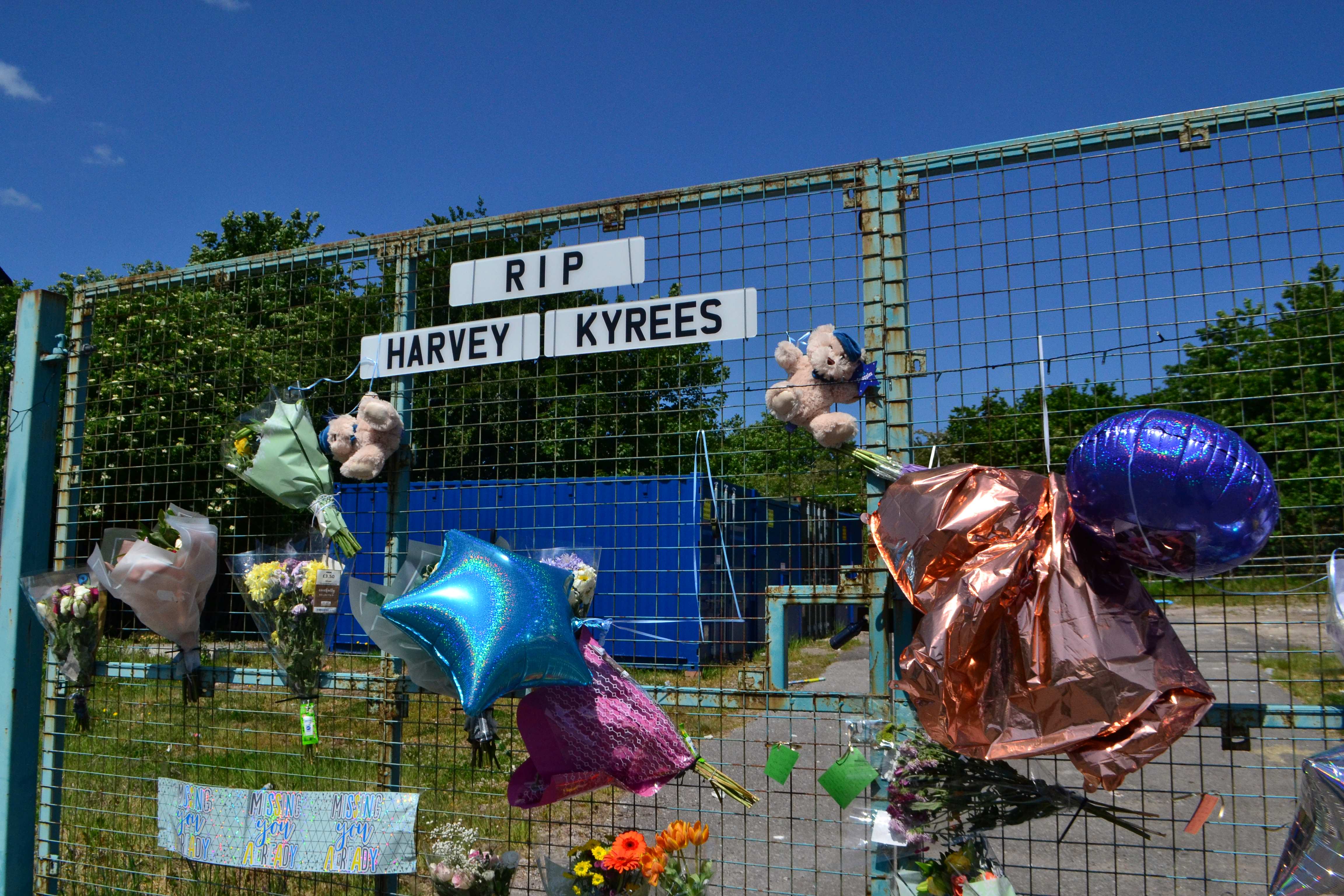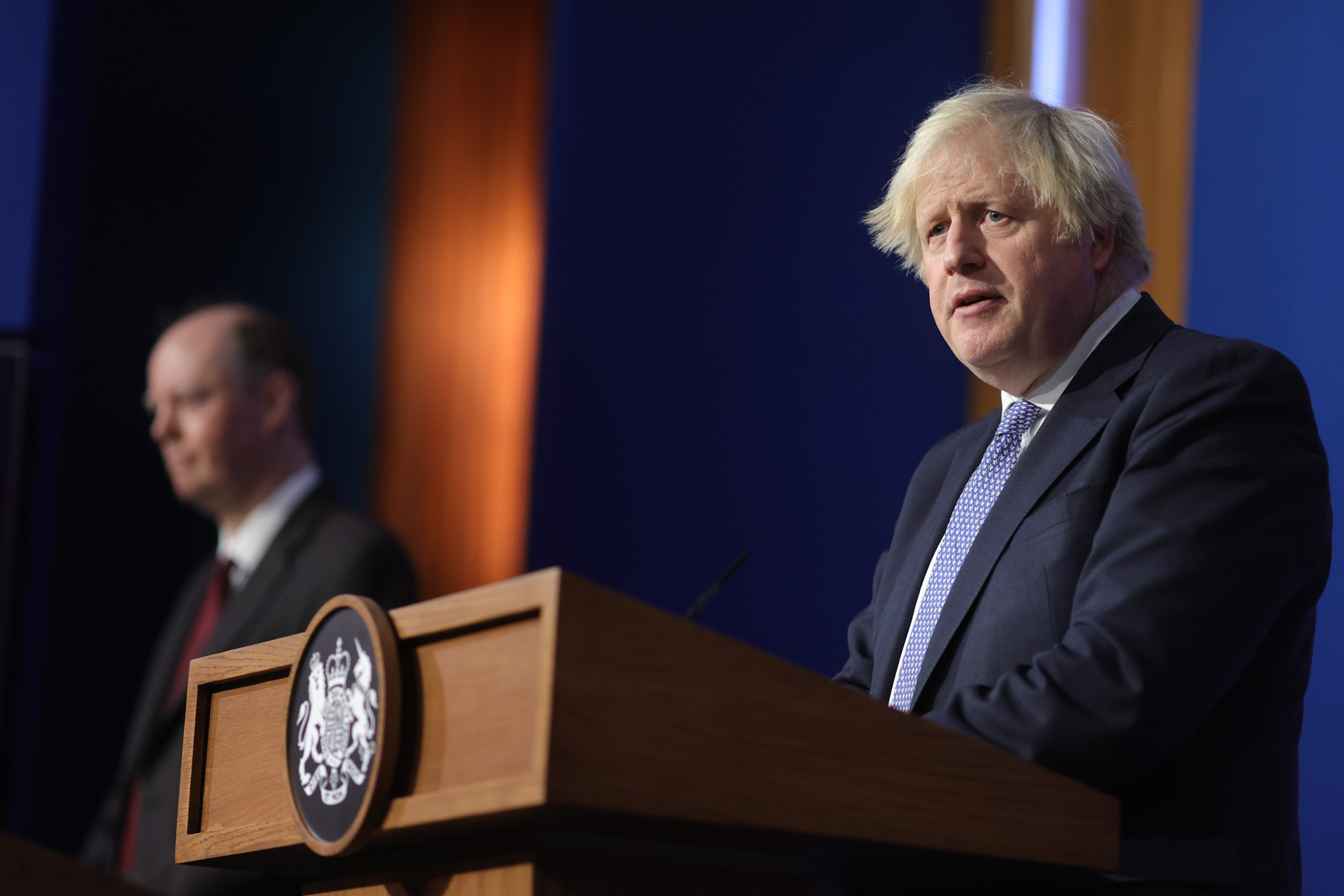
Cops Thought Christopher Kapessa’s Life Was Cheap, Says Civil Rights Activist Helping the Family
DIRECTOR OF THE RACE MONITORING GROUP, WORKING ON THE #JUSTICEFORKAPESSA AND #FREESIYANDA CAMPAIGNS SPEAKS TO VOICE.WALES
HE SAYS BOTH CASES SHOW HOW BLACK PEOPLE ARE TREATED BY THE POLICE AND THERE ARE MORE THAT ARE YET TO COME TO LIGHT.
By Mark S Redfern
The director of the leading anti-racist charity The Monitoring Group – currently helping the families of Christopher Kapessa and Syanda Mngaza seek justice – has said that both investigations by South Wales Police were “painted with racism” and show how cops think black lives are “very cheap.”
In an interview with voice.wales, Suresh Grover attacked the “despicable” way police have handled the cases, and said there are several others in Wales that are yet come to light, because the people involved are too afraid to speak out.
In July 2019, a young black teen called Christopher Kapessa, pictured above from Mountain Ash – who could not swim – drowned in the murky waters of the River Cynon surrounded by 14 white teenagers. Despite evidence to the contrary, South Wales Police declared the incident a ‘tragic accident’ almost immediately.
“They were willing to close the whole investigation within the first few hours,” says Suresh Grover, whose organisation helps Black, Asian and Ethnic Minority communities from across the UK seek justice against state led discrimination.
Grover became aware of the case and met with the bereaved family to seek justice and hold those responsible for the death of 13-year-old Christopher to account.
At first, the police closed their investigation after talking to just four of the large crowd of young people who were present at the scene when Christopher died. The case was boxed up for the archives within 24 hours and rubber-stamped as accidental.
“I think for a black family to be treated in this way when there were so many unanswered questions,” says Grover, “clearly showed that they did not care about Christopher, or they thought his life was very cheap. We were forced to do a complaint within the first week and from then onwards it was very difficult, we were on the backstep.”
The police reopened the case under intense pressure from campaigners and investigated more thoroughly to discover that Christopher had been deliberately pushed in the back by one or more of the people he was with that day. South Wales Police told Christopher’s mother Alina Joseph in a letter they had identified at least one of the young people believed to be responsible. In spite of this, however, the CPS chose not to press charges.
“They said it was in the public interest not to charge when there was sufficient evidence to do so. That’s the lived experience of a lot of black people in Wales that they deal with,” says Grover.
Not charging anyone involved in Christopher’s death was devastating enough for the family. But the Crown Prosecution Service went on to tell the mother that their reasons for not pursuing the case were based on the fact that they saw the suspect as being of good character. “[They are] described as mature and intelligent for his age, in normal education and has a good school record without any issues of bad behaviour recorded,” the CPS letter stated.
“I just think that’s despicable,” says Grover. The racial motive needed to be tackled head-on, yet was not investigated thoroughly even though “there was a history of racism that the family had suffered in school, Christopher himself had been bullied in school… they were the only black family in the area.”
Speaking at a press conference after the CPS decided not to press charges, Christopher’s mother Alina Joseph said that she had been forced to fight to “establish the truth against the disbelief and the culture of institutional racism of South Wales Police.”
The approach of the police and the CPS would have been different, Ms Joseph said, “If it was a white child who drowned while surrounded by 14 black youths.”
The case of Christopher Kapessa isn’t the only issue in Wales that The Monitoring Group is looking in to. Siyanda Mngaza is a young black woman sent to prison following a violent incident during a camping trip in the Brecon Beacons in May 2019.
Siyanda was left with a black eye and significant bruising after the incident which the family say started with racial abuse that Siyanda was defending herself against. When cops were called to the scene Siyanda was cuffed, in a case that concluded with the young woman receiving a four-and-a-half year prison sentence.
“In Siyanda’s case,” said Grover, “they admitted in court that they didn’t investigate the racial motive. They didn’t investigate a crucial piece of forensic evidence which clearly showed that the other side’s testimony in court was unbelievable.”
Siyanda, 21, sits in a cell with a lengthy sentence whilst the other parties walk free. The Monitoring Group has rallied around her supporters with hopes to overturn the conviction and free the young woman.

“She told the police the allegations, what she had been called, but she was totally let down by the quality of the investigation,” says Grover. Speaking about both cases, he states: “I think that these cases are terrible, somebody has died and the family are distraught and devastated, and another where someone has been imprisoned and got four-and-a-half years when she’s been a victim of race violence.”
For Grover, these two cases are emblematic of a deeper rot within South Wales Police.
The failed investigation into the racist murder of Stephen Lawrence shook the Metropolitan Police, but confirmed what many black people have long known to be true: policing in Britain is institutionally racist.
Lessons from the MacPherson report have yet to be learned in Wales, says Grover: “The Macpherson recommendations seemed to have not even touched South Wales and that area. It’s just shocking to have that sort of response from police on cases like Siyanda’s, where they didn’t even investigate the racial motive, and on Kapessa’s case, where it was so obvious what they had to investigate before closing the case.
Are the officers in charge of these investigations simply bad at their jobs? It’s much more than that, said Grover: “In my view both cases demonstrate unequivocally, and I’m using my words here very carefully, that the processes, the investigation processes, and the decision not to charge are painted with racism, apart from incompetence.”
For every Christopher or Siyanda there are many more silent victims, scared to speak out: “These are just two cases. I can tell you that I have many many cases in South Wales which haven’t even come to public light because people are afraid of the consequences and repercussions.”


